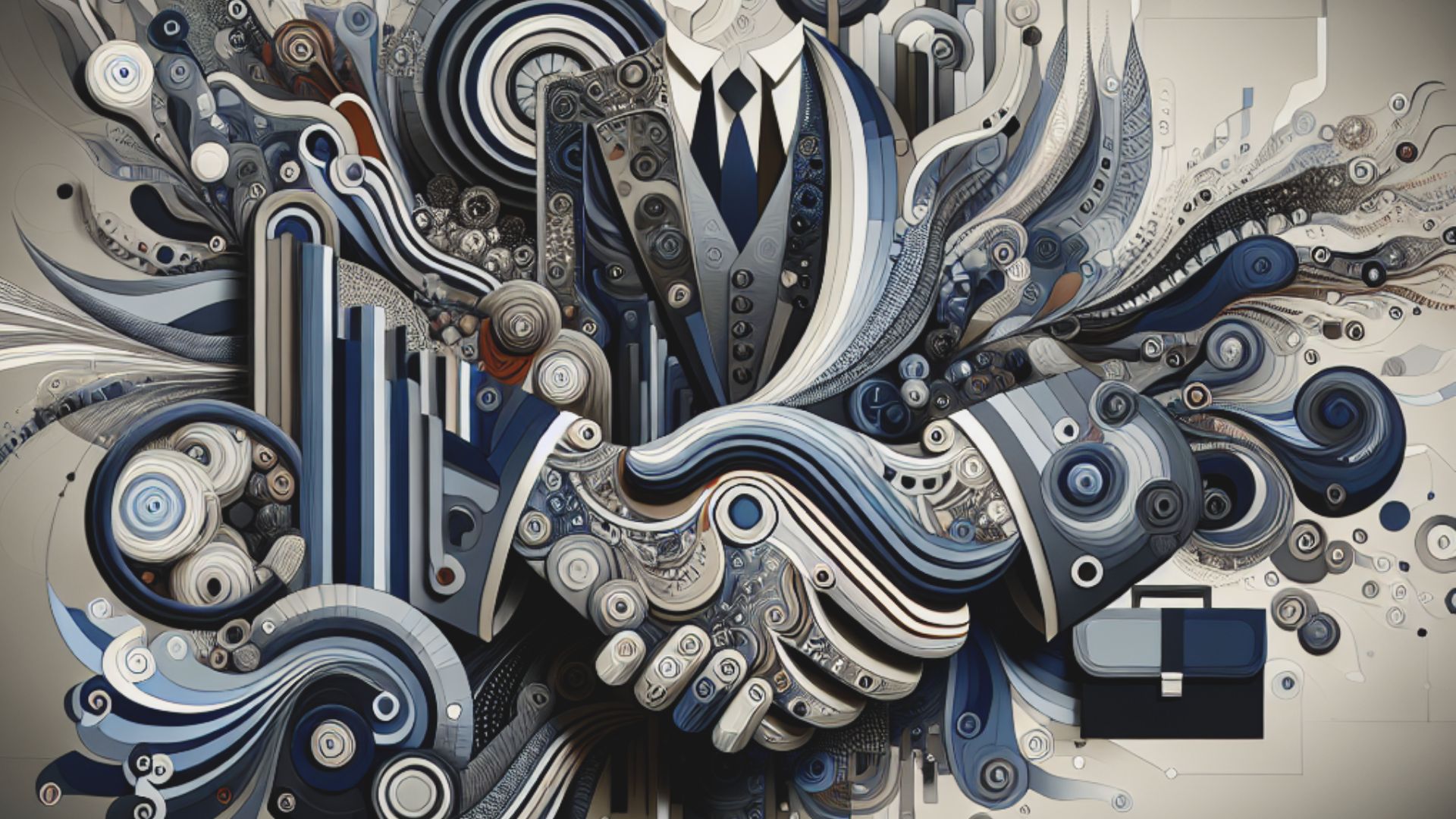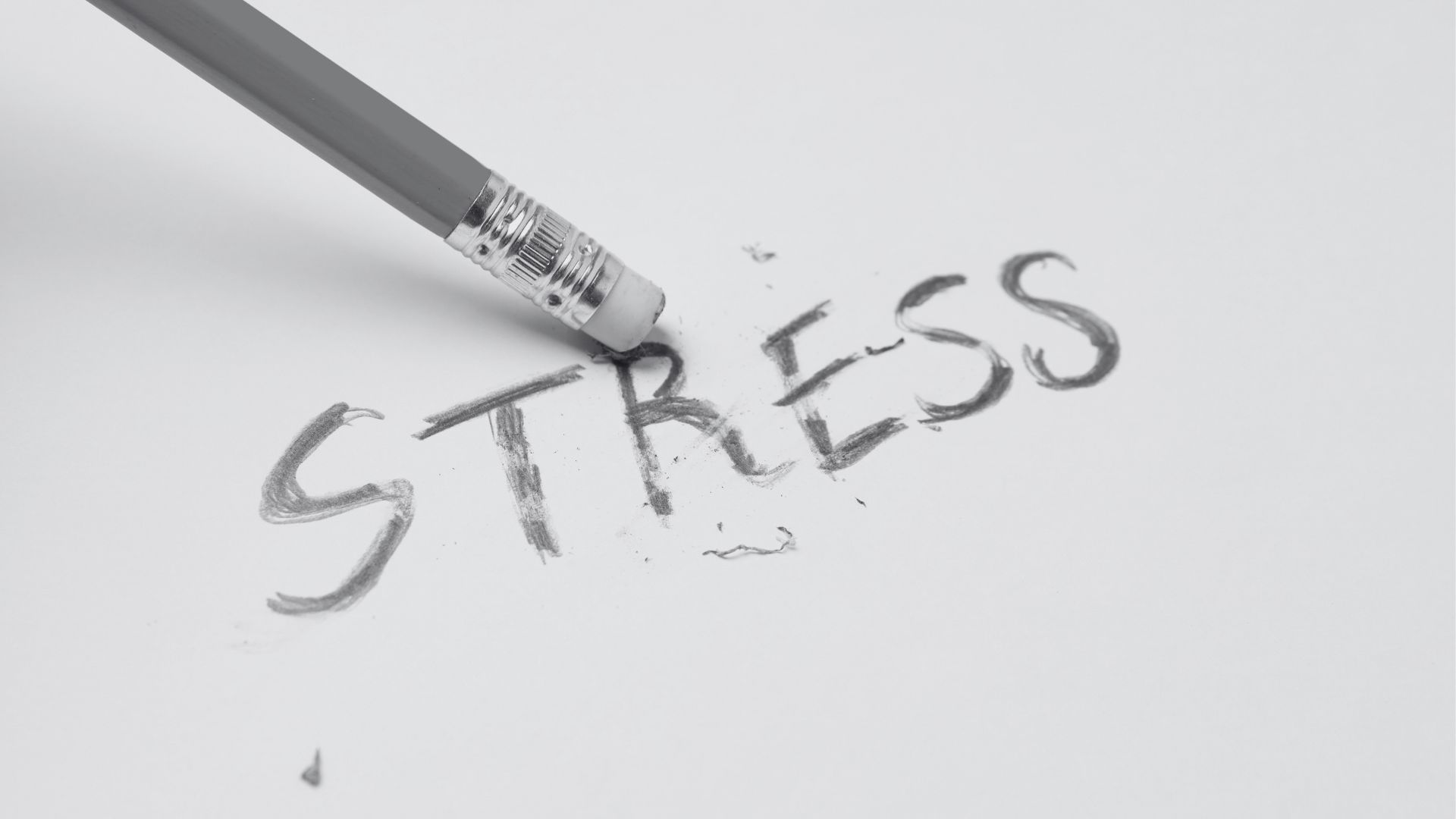If you’ve tried ‘everything’ to feel less stressed – but nothing has worked yet, then you’re in the right place – welcome to the Ultimate Stress Solution.
It’s time to modernize age-old wisdom that’s sabotaging your stress-management success.
In this series, you’ll discover a fresh perspective to shake up the status quo on the best ways to deal with stress, so you can finally take control of your stress and design a life you love.
Society’s conversation around stress and resilience is evolving. On one hand, the growing popularity around these topics is positive; it’s inspiring people to go deeper and seek a more satisfying life. On the other hand, it’s creating confusion for those who love personal and professional growth.
In one post you’ll hear advice to push through the pain, work harder: hustle, hustle. After another swipe, you’ll be told that intensity is unhealthy; be Zen; breathe deeply. Better yet, be Stoic.
No wonder stress and burnout are getting worse, not better – especially among well-informed professionals. Stress appears to be a never-ending game of contradictions you can’t win. I’m here to tell you, “YES, YOU CAN WIN. We all can win; we MUST win.”
For the sake of humanity, we need more practical stress solutions that are relevant for today’s high-pressure society and can be adapted to serve your unique circumstances. That’s not going to happen if we continue to repeat the same soundtracks around stress.
This leads to the conundrum which led to my obsession with these topics and inspired the Ultimate Stress Solution series.
If traditional stress management advice works, then why is it not working?
Something’s amiss.
It seems society is stuck spinning in a downward spiral of destructive stress. That’s a problem; it’s unsustainable.
Thankfully, there is hope. It is possible to feel relief from the constant pressures of your workdays and go-go-go lifestyle, and uncover more peace, joy, and fulfillment in your life while sustaining or growing your career success.
My observations and frameworks are based on my experience, extensive exploration, and conversations with hundreds of professionals. I’m not an academic. I’m a person on a mission. My goal is to equip you and other busy professionals with practical strategies to feel relief from angst, minimize frustrations, and solve problems faster, while embracing all the messiness life has to offer.
All it takes is one simple solution at a time. Stick with me as I share my findings with you.
The Story that Inspired the Ultimate Stress Solution Series
When I first burned out, I was desperate for answers.
I had no choice but to find a way to get my stress under control. My neurologist told me that my post-surgical nerve pain would never go away, I would never work full-time again, and we needed to talk about me going on disability.
I was angry and scared.
What if my doctor was right? What if my pain would take away my ability to succeed?
It was clear that the more stressed I was, the harder it was for me to deal with my nerve pain and other life challenges. Stress and pain were intrinsically linked.
I followed the mainstream stress management advice, yet it didn’t solve my problems. In fact, a lot of the advice backfired and made situations even harder, prolonging my anguish.
I’ve seen my clients experience the same frustrations.
Despite me feeling like a failure after trying ‘everything,’ I flipped my focus to question the advice. What if I was using the wrong tools to solve the wrong problems in the wrong ways at the wrong time?
It turns out, I was.
I realized my path to a better quality of life, despite the storm of troubles swirling around me, was to go much deeper than surface level stress-management techniques to uncover a meaningful stress solution.
Now, I’m moving these ideas off my hard drive to share my findings with you. My hope is to fundamentally shift how society is approaching stress – and I’m excited you’re part of the journey.
Rewrite Your Stress Story to Create Your Ultimate Stress Solution
Your journey through the ups and downs of life and how you deal with stress along the way is a story – it’s your stress story.
Your stress is intertwined into every aspect of your days. Love it or hate it, stress is your constant companion.
What if you imagined stress as a key relationship tagging along and impacting everything in your life? You can’t separate it from your interactions with others, your performance, or your health.
If you told me the story about your relationship with stress, how would it unfold? What experiences have you had together? Have there been adventures or misadventures?
I suspect there were frustrating times you wished stress would go away. Yet, you’ve likely had proud moments together, too. Perhaps your buddy named Stress kept you from getting hurt in an accident or was the reason you achieved a big career move.
This doesn’t need to be a complex journalling exercise, although it could be.
There are three reasons to write your personal stress story.
1️⃣ First, contemplating the current reality of your relationship with stress gives you a starting point to resolve issues at the heart of frustrations, alleviate the constant pressure and design a life you love.
2️⃣ Second, it starts to create some distance between you and your stress. When you look at stress as a very long-lasting relationship, you can start to make choices about how you interact with it. You have more control than you may currently think.
3️⃣Third, your stress story also acts as a satisfying reminder of your growth.
I’ve noticed how quickly my clients forget former frustrations. So often, a situation which, six months ago, would have derailed their focus for a couple of days, now is resolved in an hour and is barely a blip because they’ve discovered their ultimate stress solution. I love to remind them how far they’ve progressed in their relationship with Stress so they can celebrate their wins.
On the tough days, having a way to remind yourself of the progress you are making is a great source of comfort and pride.
The Next Chapter in Your Stress Story
I’m curious, is Stress the big-bad villain in your stress story?
What if it doesn’t need to be? In the next post in the Ultimate Stress Solution series, we’ll dive into society’s misleading storyline that stress is bad.
In the meantime, here’s a clip from one of my recent keynote speeches. It outlines three approaches to stress and why people may not even realize how it’s impacting their relationships, performance and overall health. Which category reflects your relationship with stress?








